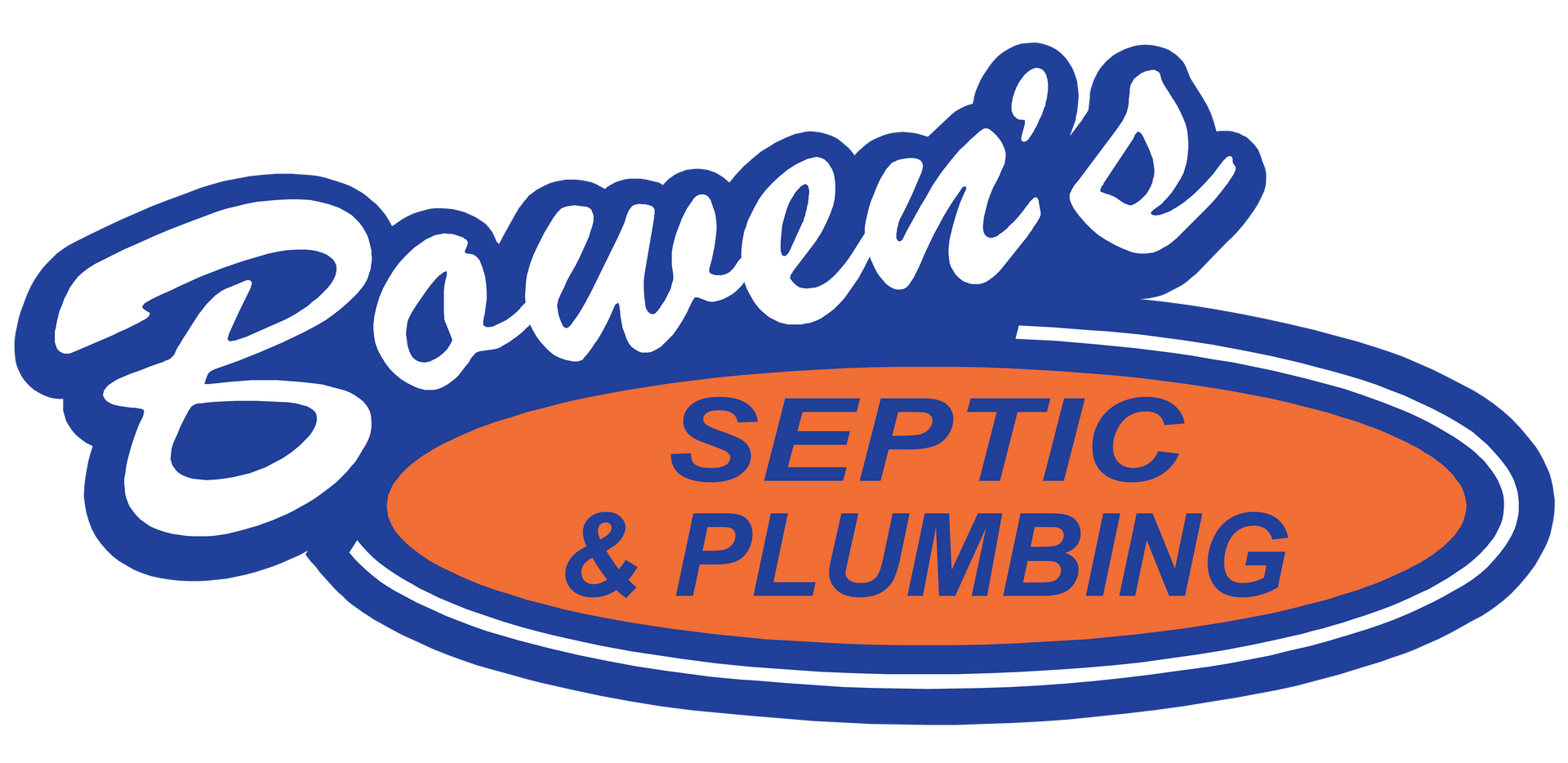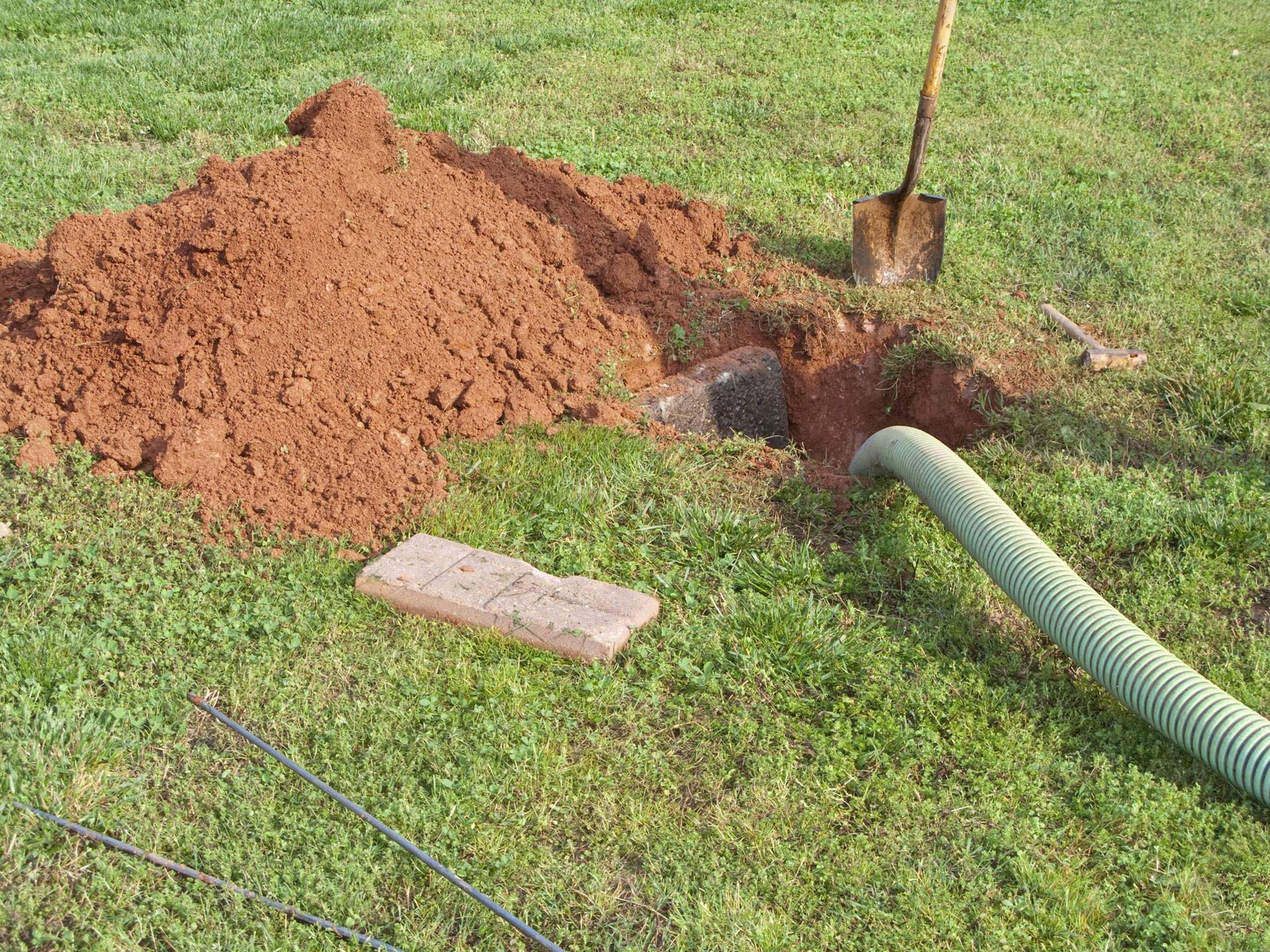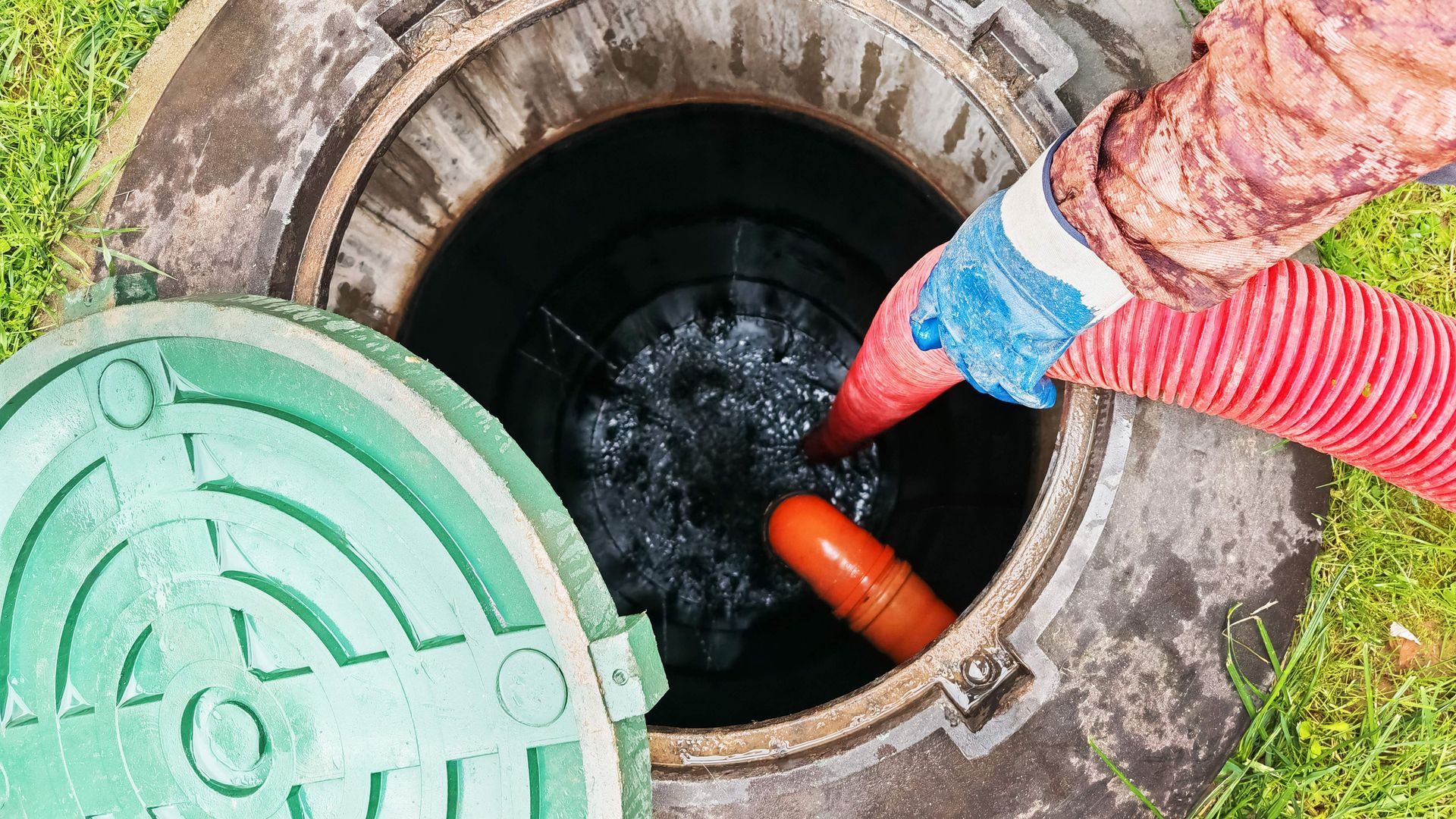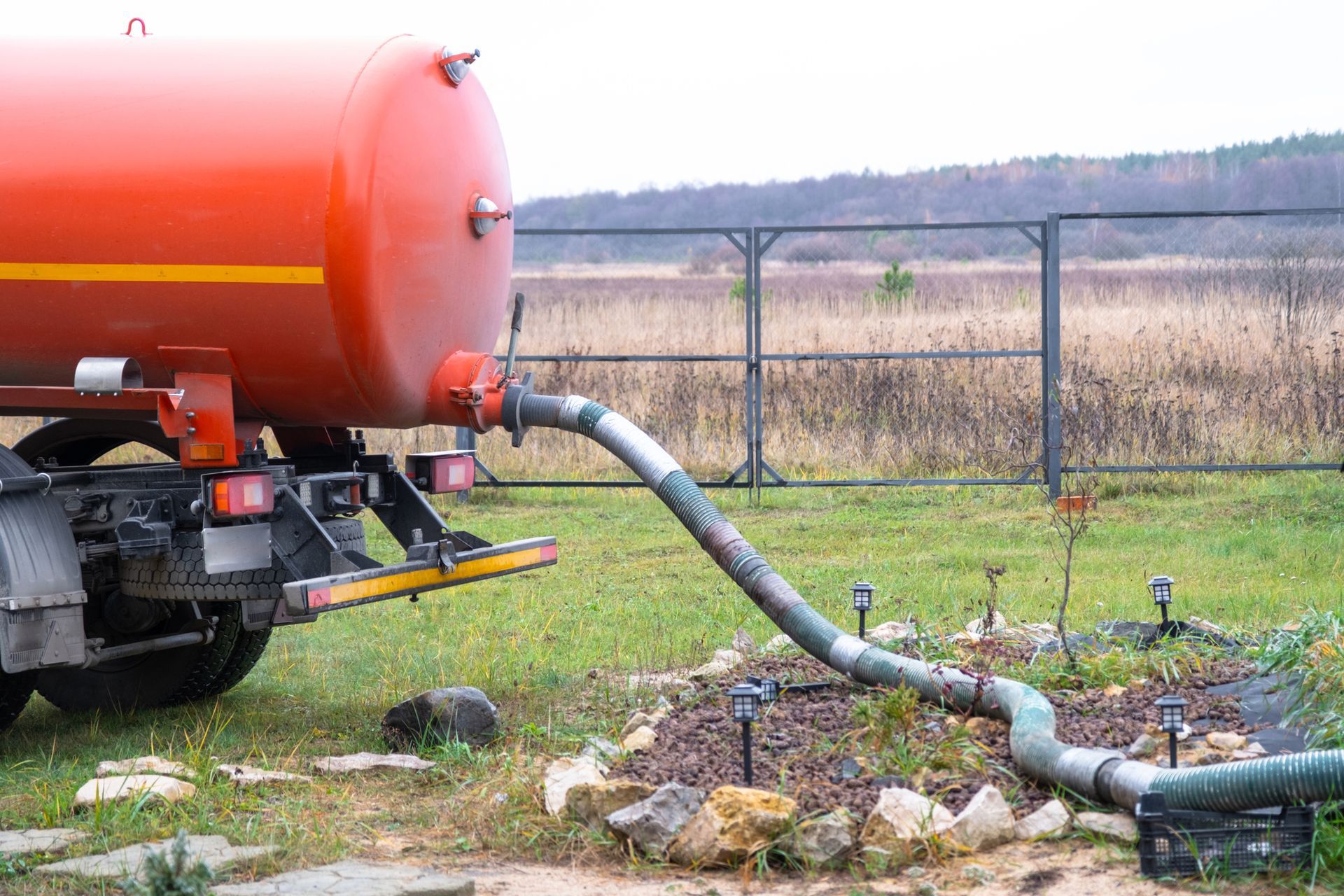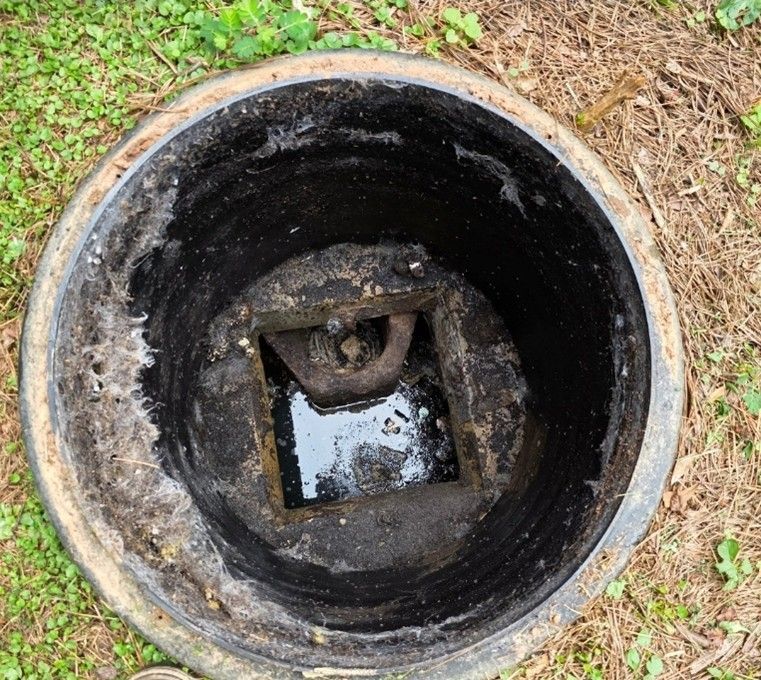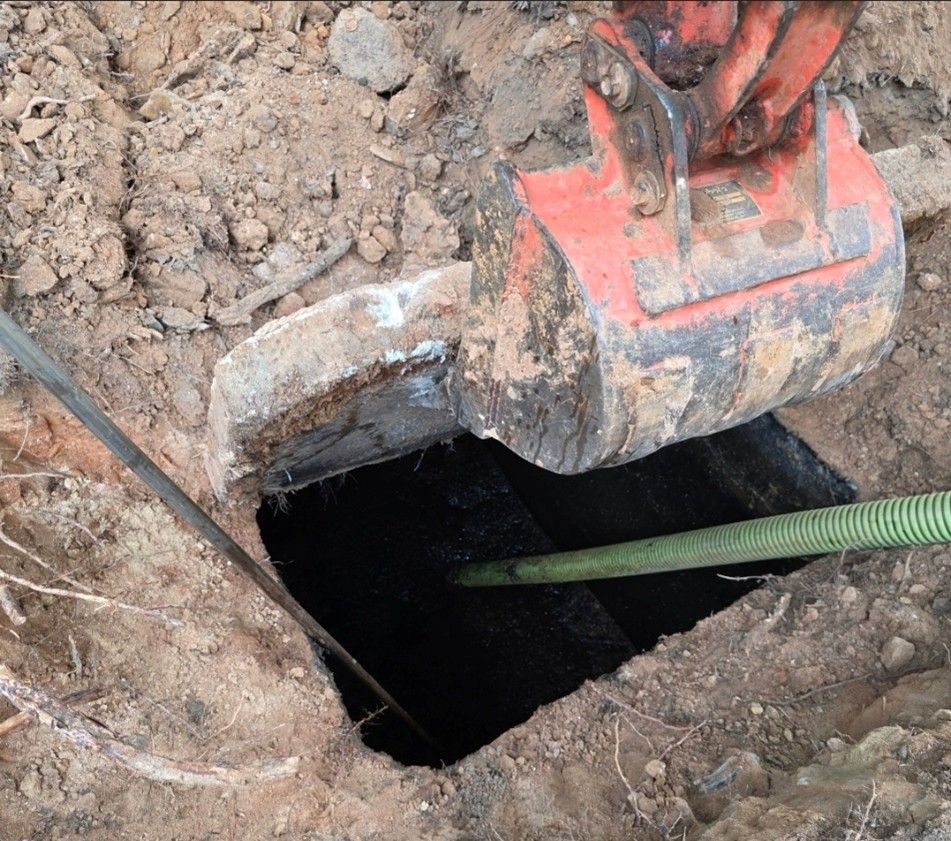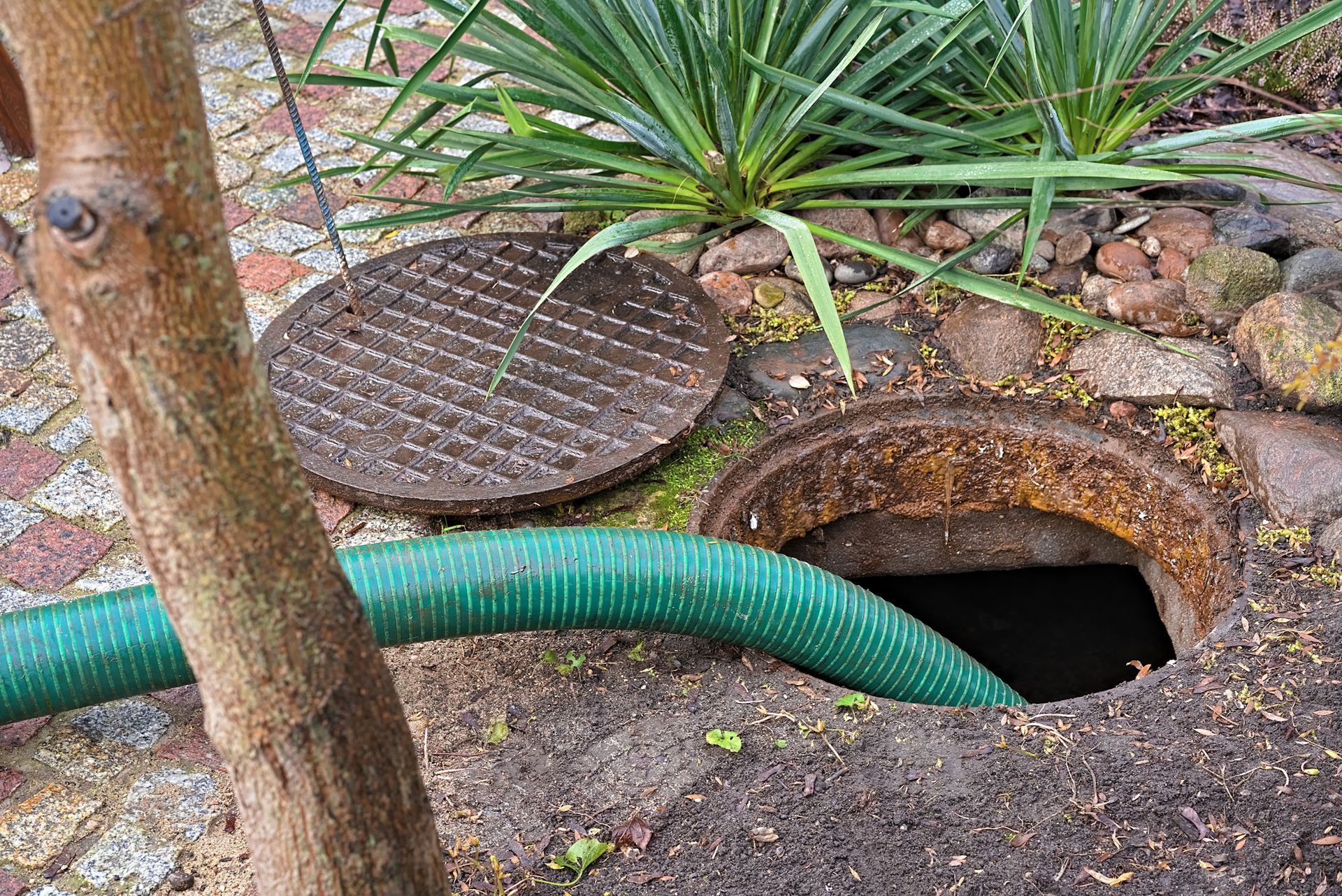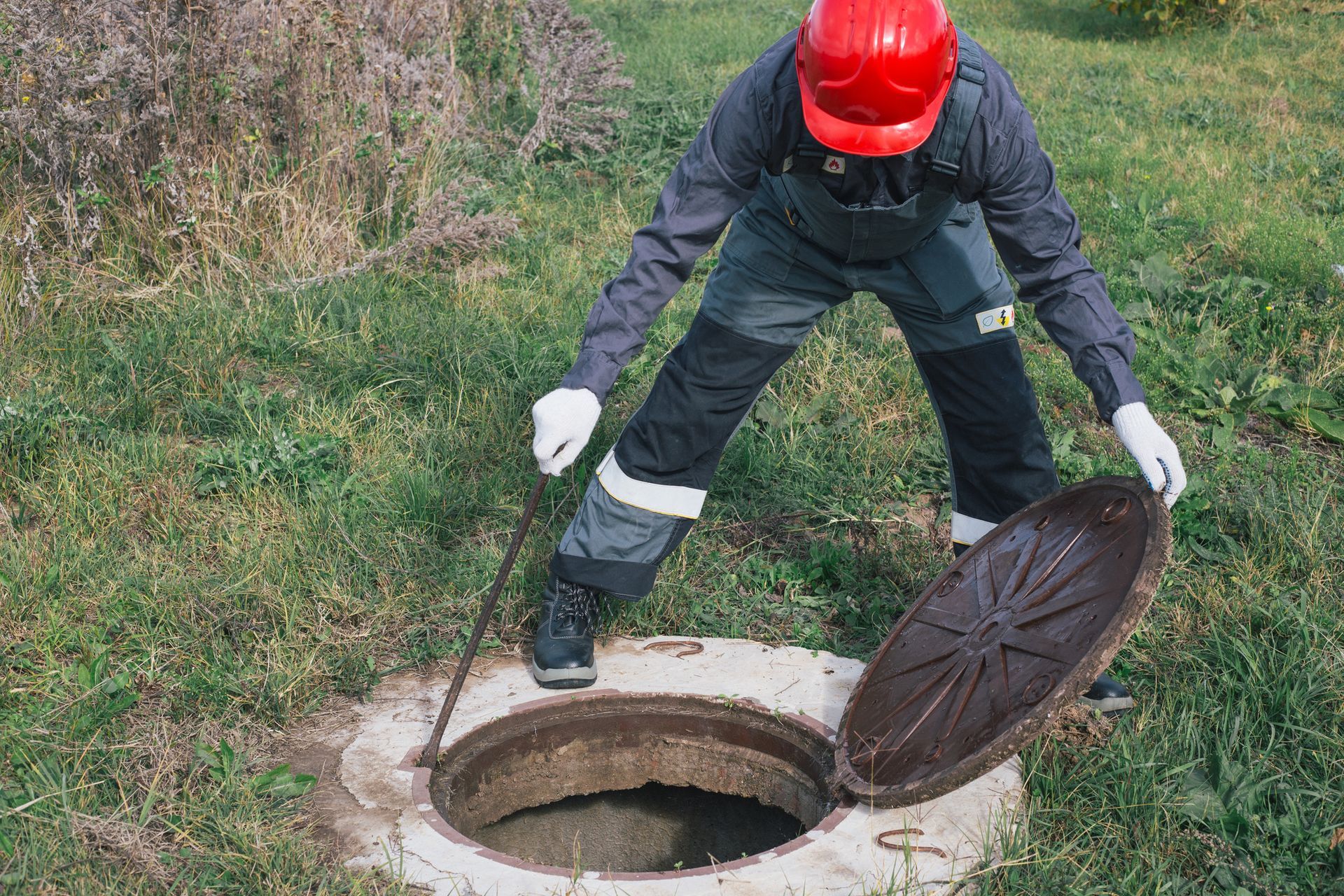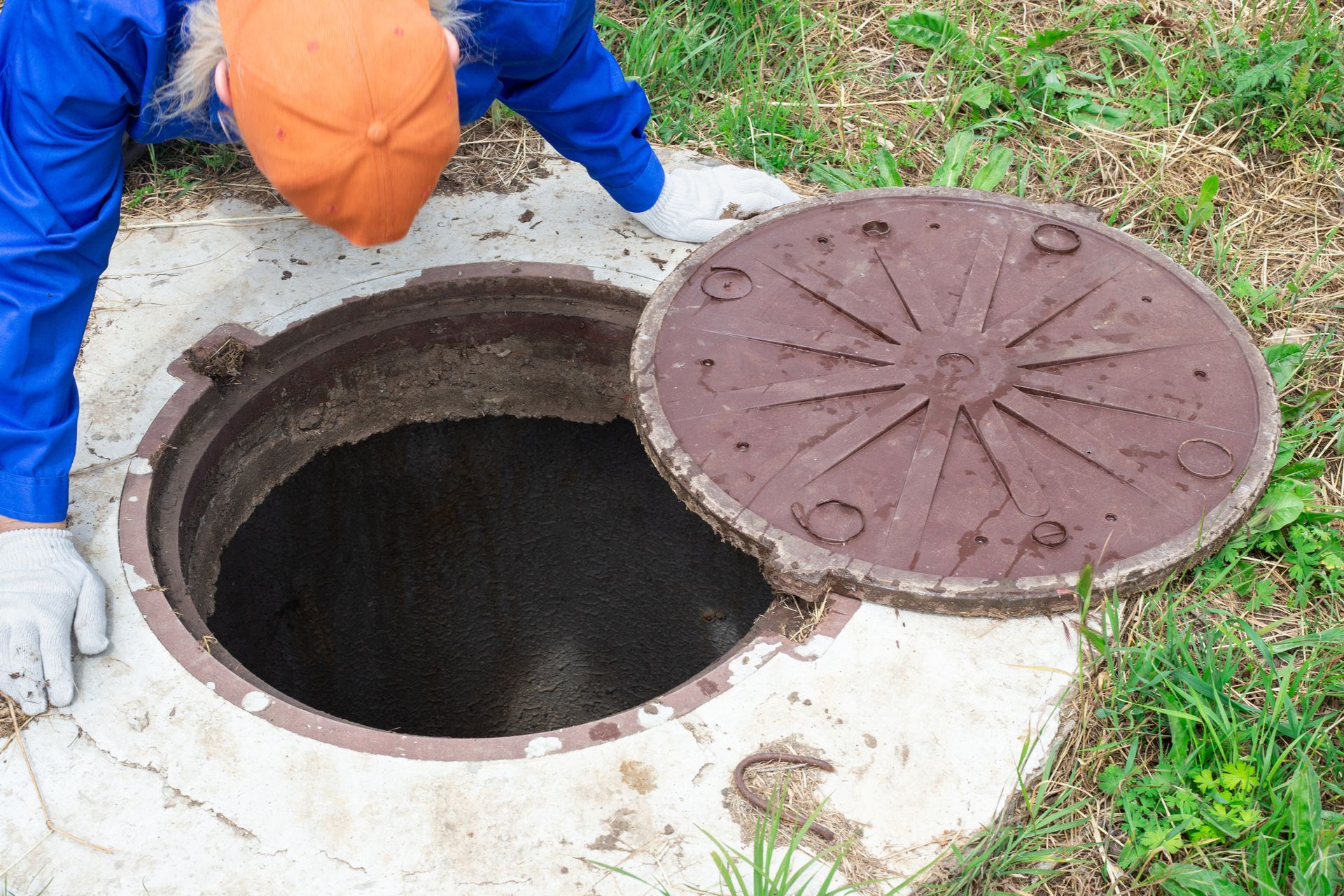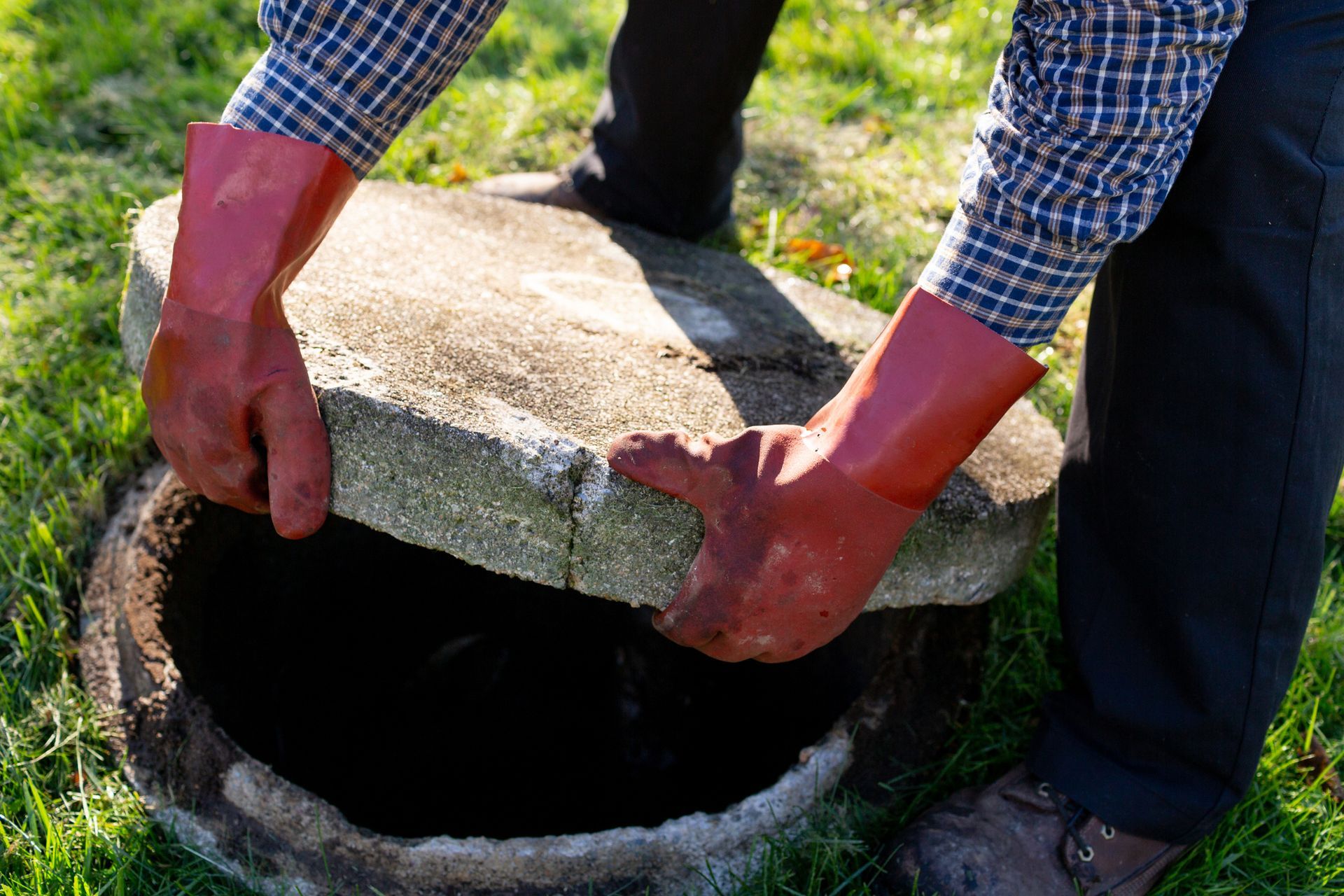Slow the Flow: 6 Problems Your Septic System Faces With Too Much Water
Under normal circumstances, as your septic system processes water and waste, your septic system can handle all the water and waste that flows out of your home. Unfortunately, excess water usage can hurt your septic system.
Excess water causes problems that can lead to costly repairs. That's why you should take steps to control the amount of water that gets into your septic system. Below, you'll find a list of six problems you can face if your septic system is overloaded with water.
If there's too much water going into your septic system, you could be putting too much pressure on your system. Excessive water use can push it beyond its capacity. When the septic system gets overloaded, it can lead to backups and slow drainage. An overloaded septic system can even lead to complete failure.
When there's too much water in the septic tank, solid waste can't settle at the bottom. If solid waste can't get to the bottom of the tank, bacteria can't break it up. Unfortunately, if solid waste doesn't decompose, it can get through to the seepage field.
If your septic system processes too much water throughout the day, you may spend more time pumping your septic tanks. Excess water can make your septic tank fill up faster than it should. When that happens, you could see an increase in septic backups.
Septic backups can lead to raw sewage in the bathtubs, sinks, and toilets. Such incidents call for an emergency visit from a professional septic system service. There's also an increased risk of septic clogs. This is especially true if the effluent filter gets clogged from excess wastewater.
If you have a septic system, you need to protect the bacteria and microorganisms that live inside the tank. Some of those microorganisms include fungi, protozoa, rotifers, and nematodes. When there's a good balance between microorganisms and bacteria, they can decompose the waste inside the tanks. But, when there's too much water, the balance is interrupted. When that happens, you can end up with excess waste buildup inside your septic system.
If your septic tank processes too much water each day, it's time to make some changes. Household waste contains a variety of contaminants and chemicals. If there's too much water in your septic system, contaminated wastewater can seep into the soil.
When that happens, there's an increased risk of environmental harm, including exposure to human waste and contamination of the groundwater supply. The environmental harm is especially impactful if wastewater escapes from the seepage field.
If you want to extend the life of your septic system, start by controlling the amount of water that flows through to the tank. Excess water can put undue stress on the septic system components. The increased pressure can cause cracked pipes, weakened septic joints, and tank deterioration.
If that happens, you could end up with septic system failure. Unfortunately, that means you'll need to replace your septic system. One way to avoid system collapse is to control the flow of water through your home.
If you've been noticing a septic tank smell in your home, it is likely coming from your drains and excess water could be contributing to the problem. When there's too much water in the septic system, waste products can back up into the drains, creating the smell of septic gas in your home. You may also notice raw sewage in your home. Unfortunately, human waste can carry diseases like hepatitis A, cholera, and E. coli.
If you're concerned that your home may have an overloaded septic system, or you notice any of the aforementioned signs, reach out to Bowen’s Septic Tank right away to mitigate the risk. We can help get your septic system back in working order.
Excess water causes problems that can lead to costly repairs. That's why you should take steps to control the amount of water that gets into your septic system. Below, you'll find a list of six problems you can face if your septic system is overloaded with water.
Septic System Overload
If there's too much water going into your septic system, you could be putting too much pressure on your system. Excessive water use can push it beyond its capacity. When the septic system gets overloaded, it can lead to backups and slow drainage. An overloaded septic system can even lead to complete failure.
When there's too much water in the septic tank, solid waste can't settle at the bottom. If solid waste can't get to the bottom of the tank, bacteria can't break it up. Unfortunately, if solid waste doesn't decompose, it can get through to the seepage field.
Increased Service Calls
If your septic system processes too much water throughout the day, you may spend more time pumping your septic tanks. Excess water can make your septic tank fill up faster than it should. When that happens, you could see an increase in septic backups.
Septic backups can lead to raw sewage in the bathtubs, sinks, and toilets. Such incidents call for an emergency visit from a professional septic system service. There's also an increased risk of septic clogs. This is especially true if the effluent filter gets clogged from excess wastewater.
Disruption of Microbes
If you have a septic system, you need to protect the bacteria and microorganisms that live inside the tank. Some of those microorganisms include fungi, protozoa, rotifers, and nematodes. When there's a good balance between microorganisms and bacteria, they can decompose the waste inside the tanks. But, when there's too much water, the balance is interrupted. When that happens, you can end up with excess waste buildup inside your septic system.
Environmental Harm
If your septic tank processes too much water each day, it's time to make some changes. Household waste contains a variety of contaminants and chemicals. If there's too much water in your septic system, contaminated wastewater can seep into the soil.
When that happens, there's an increased risk of environmental harm, including exposure to human waste and contamination of the groundwater supply. The environmental harm is especially impactful if wastewater escapes from the seepage field.
System Collapse
If you want to extend the life of your septic system, start by controlling the amount of water that flows through to the tank. Excess water can put undue stress on the septic system components. The increased pressure can cause cracked pipes, weakened septic joints, and tank deterioration.
If that happens, you could end up with septic system failure. Unfortunately, that means you'll need to replace your septic system. One way to avoid system collapse is to control the flow of water through your home.
Health Risks
If you've been noticing a septic tank smell in your home, it is likely coming from your drains and excess water could be contributing to the problem. When there's too much water in the septic system, waste products can back up into the drains, creating the smell of septic gas in your home. You may also notice raw sewage in your home. Unfortunately, human waste can carry diseases like hepatitis A, cholera, and E. coli.
If you're concerned that your home may have an overloaded septic system, or you notice any of the aforementioned signs, reach out to Bowen’s Septic Tank right away to mitigate the risk. We can help get your septic system back in working order.
